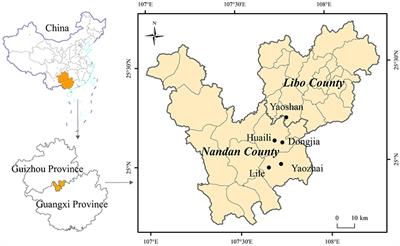ORIGINAL RESEARCH
Published on 11 Jan 2023
Evolution of codon usage in Taenia saginata genomes and its impact on the host
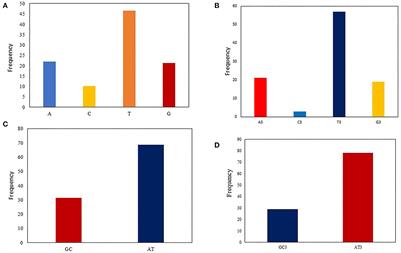
doi 10.3389/fvets.2022.1021440
- 1,721 views
- 5 citations
11k
Total downloads
46k
Total views and downloads
ORIGINAL RESEARCH
Published on 11 Jan 2023

EDITORIAL
Published on 04 Jan 2023
ORIGINAL RESEARCH
Published on 06 Oct 2022
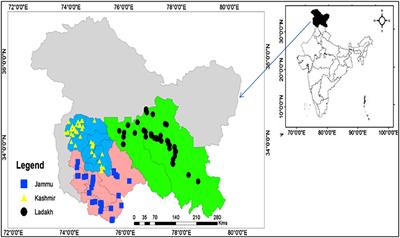
REVIEW
Published on 09 Sep 2022
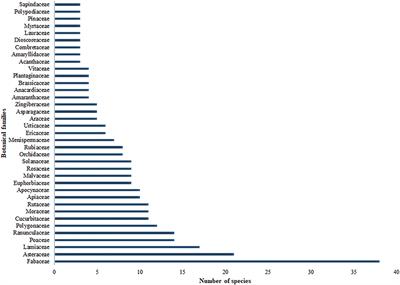
ORIGINAL RESEARCH
Published on 09 Aug 2022
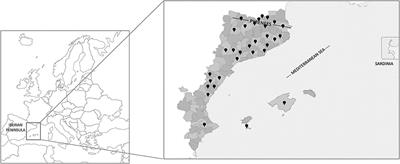
ORIGINAL RESEARCH
Published on 03 May 2022
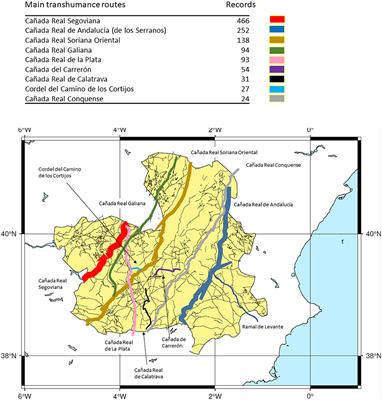
ORIGINAL RESEARCH
Published on 25 Mar 2022

ORIGINAL RESEARCH
Published on 22 Feb 2022
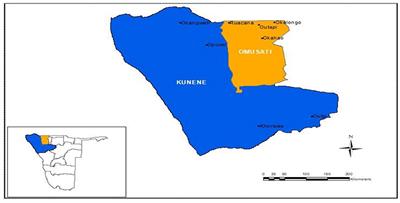
ORIGINAL RESEARCH
Published on 25 Jan 2022
